China visit on business chiefs’ agenda as optimism grows
Australia will send prominent figures from its most important companies as part of a high-profile Chinese delegation.
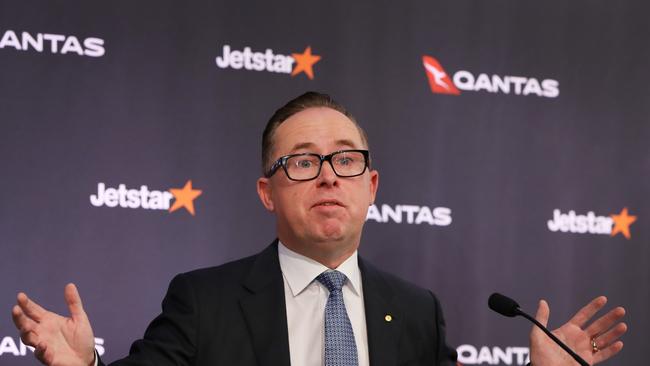
The heads of some of Australia’s top companies are preparing to travel to China to send a message that the business community is committed to improving ties with the nation’s top trading partner, amid speculation Penny Wong could soon make an official visit to Beijing.
The Australian can reveal the Business Council of Australia is poised to activate a longstanding plan to send a high-level business delegation to China when it gets the green light from both governments.
The chairman of the BCA’s international engagement and security committee Warwick Smith said the trip would occur “at the appropriate time”, when China was “able to be entered with all parties agreeing”.
Prominent BCA members in line to join the delegation include Wesfarmers boss Rob Scott, BlueScope chief executive Mark Vassella, Rio Tinto’s Jakob Stausholm, Qantas CEO Alan Joyce, and BHP’s Mike Henry.
ANZ chief Shayne Elliott, the CBA’s Matt Comyn, King & Wood Mallesons global CEO Sue Kench, KPMG national chair Alison Kitchen, and the heads of a number of top Australian universities are also likely to join the delegation.
“We're on standby to take senior Australian business people that have exposure in China, once we know that the Chinese are going to be welcoming,” Mr Smith said.
“We have long planned to have a business visit there, even to the point of taking a special plane.”
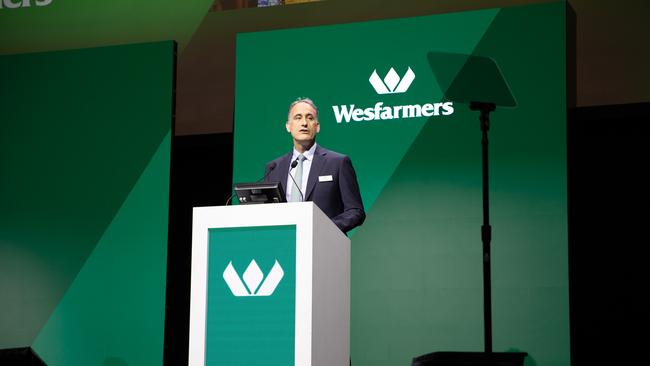
There is growing anticipation that Senator Wong could make an official trip to China in coming weeks to prepare for a visit by Anthony Albanese, after the Prime Minister’s face-to-face meeting with Xi Jinping in Bali last month.
China is yet to ease trade bans on $20bn worth of Australian exports, but sectors hit by the punitive sanctions are enthusiastic about the prospect of regaining access to the key market.
“Australian barley growers would love to be back in China, and it's very, very positive that there are strong signals that diplomatic relations are improving between the two countries,” GrainGrowers policy manager Zachary Whale said.
Australian Grape & Wine CEO Lee McLean said wine producers, who suffered a $1.2bn hit when China imposed crippling tariffs on their exports, would jump at the chance to get back into the Chinese market.
“Any dialogue with China at the moment is a really good thing,” Mr McLean said.
“What we know is that there is still really strong demand for Australian wine in China. All of the businesses that were exporting have still got relationships with Chinese buyers and if there is an opportunity to get back into the market again, there will still be demand.”
But human rights groups and national security figures warned the Albanese government against easing pressure on China over its brutal treatment of its ethnic minorities and its “malicious” threats to the global rules-based order.
“If Wong visits China, she should make sure human rights is a central component of the visit, given she would be meeting with leaders of a government that has committed serious abuses that may amount to crimes against humanity, according to the UN,” Human Rights Watch Asia director Elaine Pearson said.
“Australian officials should also compile lists of Australian citizens’ and permanent residents’ family members missing, forcibly disappeared or wrongfully detained in China, and specifically ask Xi for their freedom.”
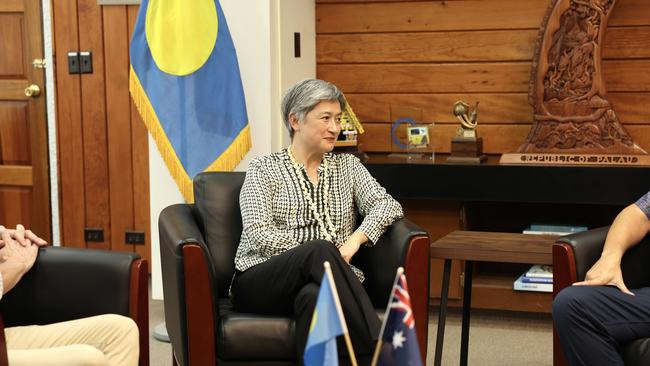
Australian Strategic Policy Institute executive director Justin Bassi said a visit by Senator Wong to China would be “a natural next step” towards stabilising the bilateral relationship.
But he cautioned: “This stabilisation is not a static achievement but an evolving process that requires ongoing decisions and strategic judgments in Australia’s national interest.”
He said the government had maintained a measured tone and strong policy settings, but also needed to hold the line on China’s threats to regional security.
Securing the release of detained Australians Cheng Lei and Dr Yang Hengjun also needed to be at the “top of the agenda”, Mr Bassi said.
“The Australian government will need to maintain a firm position on regional security issues to ensure we play our part in deterring malicious behaviour,” Mr Bassi said.
“That means continuing to express concerns about Beijing’s aggression, including its militarisation in the South China Sea, incursions at the India border, irresponsible actions in cyberspace and space, and human rights abuses against Uyghurs and other minority groups.”
Mr Smith said security issues were “at another level” to those of the business community.
“But what I always argue is that, where trade is open and free, and has mutuality about it, security problems are less likely,” he said.
“So trade is a bulwark against aggression, and it supports peace.”
BCA chief executive Jennifer Westacott, who would lead the council’s China delegation, said moves to reduce tensions with Australia's biggest trading partner were good news for Australians “who rightly want the higher incomes and jobs that trade brings”.
“We support the government’s principled and realistic approach to China, this is a critical trading partner but we can’t compromise our sovereignty or our values,” she said. “Businesses will keep building relationships in China but everything we do must be carefully thought through working closely with government.”
As a professional banker, Mr Smith said he was concerned with cash flow, “and the cash flow we get from China far surpasses the cash flow we get from India, Indonesia and Malaysia, Singapore, Vietnam, Thailand – all of them combined”.
“We don't feel that we have to tip our lid to China. We stood up to them. We did well. But we are pragmatic traders – we have to be – but with principle,” he said.
This Wednesday marks 50 years of Australia-China diplomatic relations.
At a recent function to celebrate the milestone, Chinese Ambassador Xiao Qian said China and Australia were “great countries” with a long history of “friendship and co-operation”.



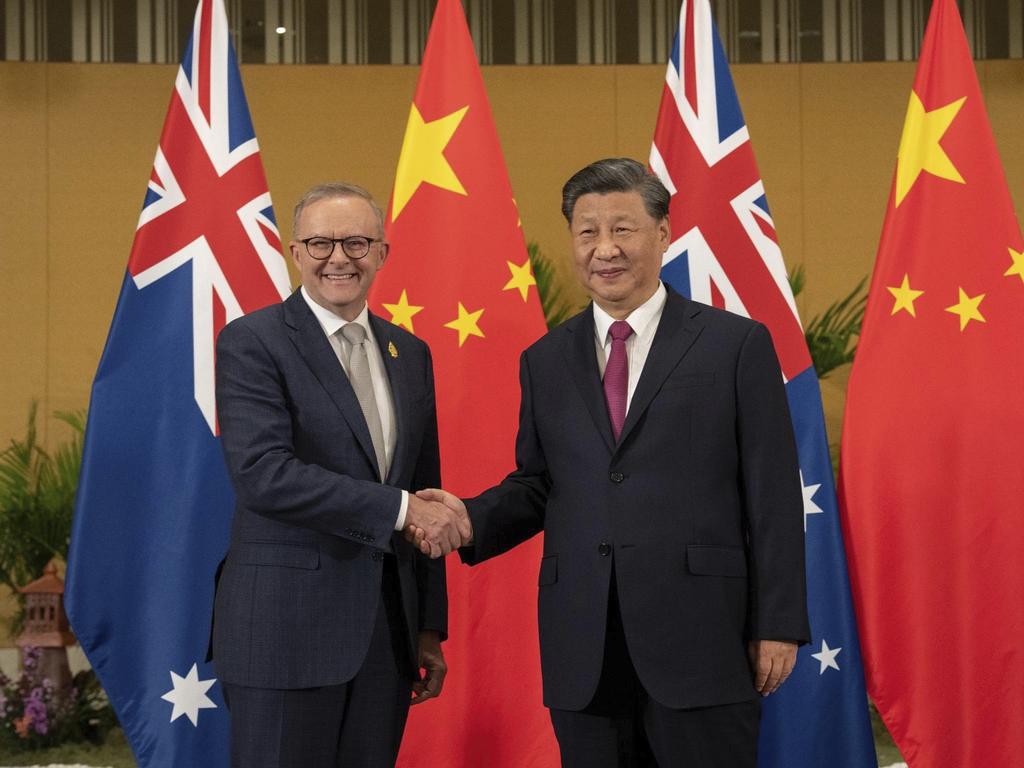

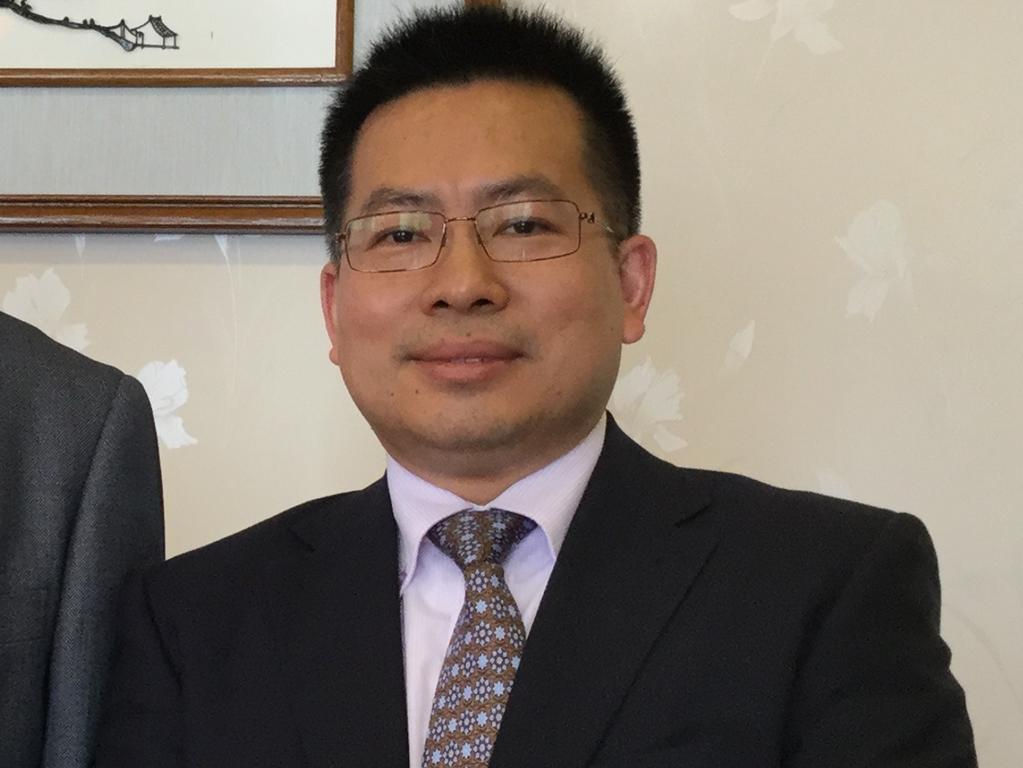


To join the conversation, please log in. Don't have an account? Register
Join the conversation, you are commenting as Logout